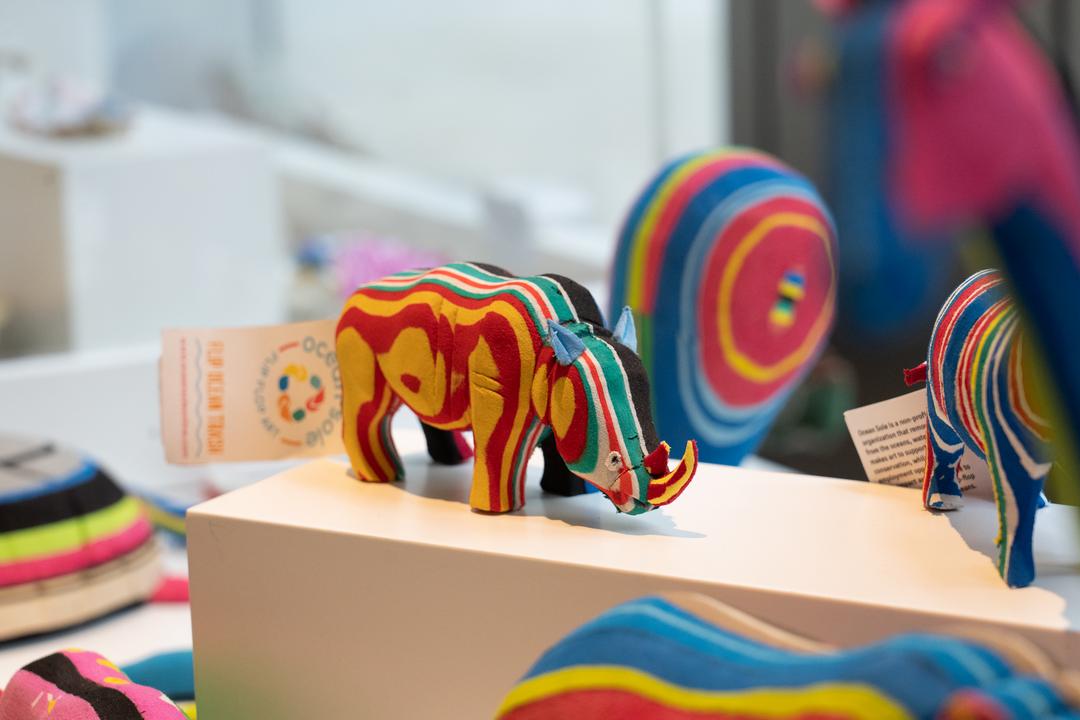Hello Solemates!
World Wetlands Day is celebrated annually on the 2nd of February. It is a day to raise awareness about wetlands. This day also marks the anniversary of the Convention on Wetlands, which was adopted as an international treaty in 1971. On 30th August 2021, the UN General Assembly established 2nd February as World Wetlands Day.
What is a wetland? One may ask. A wetland is an area of land that is covered by water. In Kenya, for example, we have the following wetlands, Nyando Wetland, Yala Swamp, Bunyala Wetland, River Mara Swamp, Mosirori Wetland, Osodo Swamp, Ngegu Wetland and Kuja Delta Wetland. Wetlands are a very crucial ecosystem which is facing a lot of threats.
About 90% of the world’s wetlands have deteriorated since the 1700s, and we are losing wetlands three times faster than forests, which is quite distressing, seeing that wetlands contribute to biodiversity, climate mitigation and adaptation, freshwater availability, world economies, and more.
In the absence of wetlands:
- There would be no habitat for thousands of aquatic species, terrestrial plants, and animals.
- Flooding would increase.
- Shorelines would be eroded.
Several factors have contributed to the dire state of the wetlands. To name a few:
- Human population growth- As the human population continues to grow, people are finding themselves dependent on wetlands. Agricultural practices have led to the rapid decline of wetlands.
- Poverty- In countries with high poverty levels, pit latrines are the most used type of toilet. This type of toilet leaks wastes into nearby wetlands, causing severe damage to the wetlands in those areas.
- Roads and bridges construction- People have normalised constructing roads and bridges across wetlands as opposed to around them since wetlands have low land value, further leading to the destruction of wetlands.
- Land pollution- Dumping toxic waste on wetlands causes the ecosystem to deteriorate. Mining- Acid drainage from active and abandoned mines causes extensive ecological damage. The acid drains introduce a high acidity level and metal into the wetlands.
Wetlands are home to a wide variety of animals.
In light of those mentioned above, what can we do to help conserve this vital ecosystem?
- Responsible gardening- Limit the chemical use of fertilisers, pesticides, insecticides or fungicides and use organic remedies instead. These potent chemicals can leach into groundwater and subsequently into the wetlands.
- Recycling- Using safe, sustainable and eco-aware waste disposal methods will go a long way in protecting the wetlands. Reduce the use of plastic, whether it is plastic water bottles or disposable plastic containers, straws and cutlery. Reuse and recycle to the maximum possible extent.
- Conserve Water- Lifegiving water is central to wetland health. Observe the wetland vegetation. Their leaves, limbs, roots and other remarkable features help them conserve water. Even wetland wildlife is adept at prudently using water, a vital resource.
- Conservation Efforts-You can help in the conservation and rehabilitation efforts by planting native flora, creating habitats for wildlife and participating in citizen science projects and initiatives.
- Protect wetland wildlife- Much like wetland vegetation, wetland wildlife is exposed, fragile and susceptible. Turtles that live in the swampy wetlands are known to venture out and cross busy roads or polluted areas in search of suitable nesting sites. Accidents are common, and animals get run over. It is also common for animals to get entangled and hurt in plastic debris. We can help by looking out for them, helping them get to their destination and protecting their eggs or hatchlings.
- Learn and educate- Take the initiative to learn about the wetlands, their mysteries and intricacies. While there are several avenues for learning, there are also avenues for teaching, educating and spreading awareness.
We care about the wetlands at Ocean sole, so we are involved in mangrove planting thrice a year. Mangroves are essential because they help stabilise coastline ecosystems and prevent soil erosion. The complex mangrove root systems filter nitrates, phosphates and other pollutants from the water, improving the water quality flowing from rivers and streams into the estuarine and ocean environment. We encourage everyone to participate in activities geared toward conserving the wetlands.
We raise visual awareness of pollution, which helps protect our wetlands through trash collection exercises that we carry out throughout the year. Learn how to get involved with our beach clean up.
Wetlands are an indispensable part of the natural resources we have on earth. Humans have a crucial role in the conservation and management of wetlands. We’re being called upon to act now and save the wetlands for us and future generations. Please help us spread awareness by sharing this with your family, friends and social media pages.
Email hello@oceansoleafrica.com for custom projects and creative ideas or to see how to stay connected & get involved with our mission!








